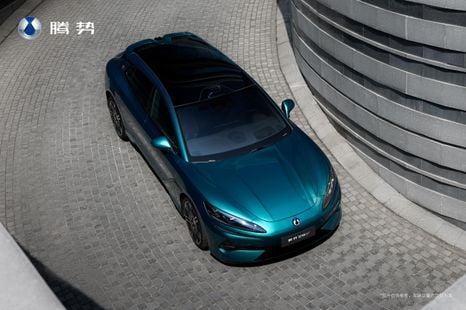

William Stopford
Denza Z9 GT: BYD’s Porsche Taycan rival gets even more powerful
4 Hours Ago
While petrol and diesel sales were down almost entirely across the board, Australians bought more hybrid, plug-in hybrid and electric vehicles in 2020 than the year before.

News Editor
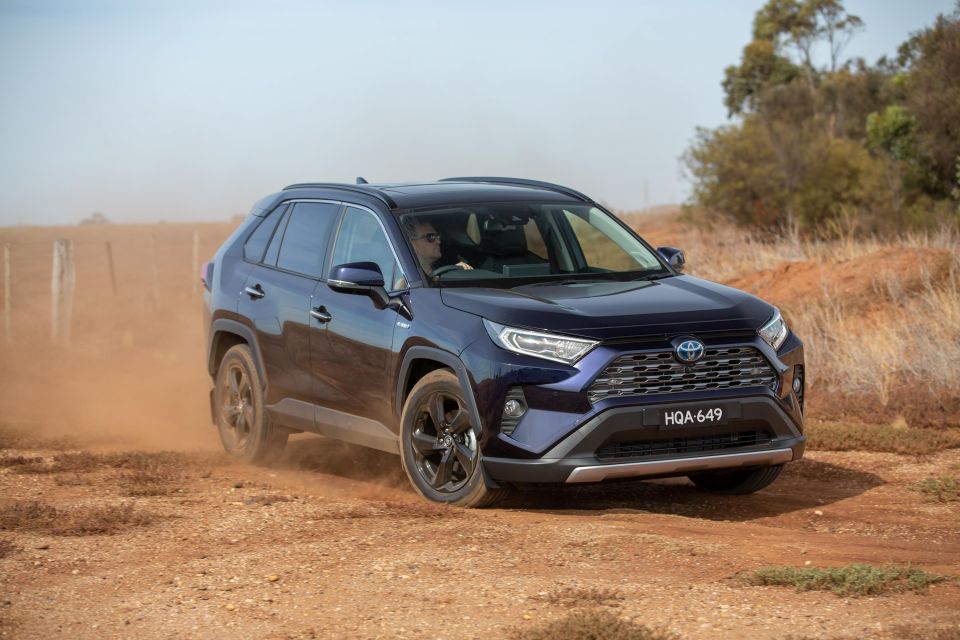

News Editor
2020 may have been a bad year in almost every way, but it was a strong year for sales of electrified vehicles in Australia.
Sales of hybrid, plug-in hybrid and all-electric passenger cars and SUVs were all up, though the lack of any electrified light commercial vehicles – Renault Kangoo Z.E. aside – means diesels still dominate in that part of the market.
In total, hybrid sales were up 93.7 per cent, plug-in hybrid sales increased by 18.2 per cent, and electric vehicle sales were up 16.2 per cent according to the Federal Chamber of Automotive Industries (FCAI).
In contrast, total diesel sales were down 12.5 per cent and petrol sales decreased by 19.8 per cent.
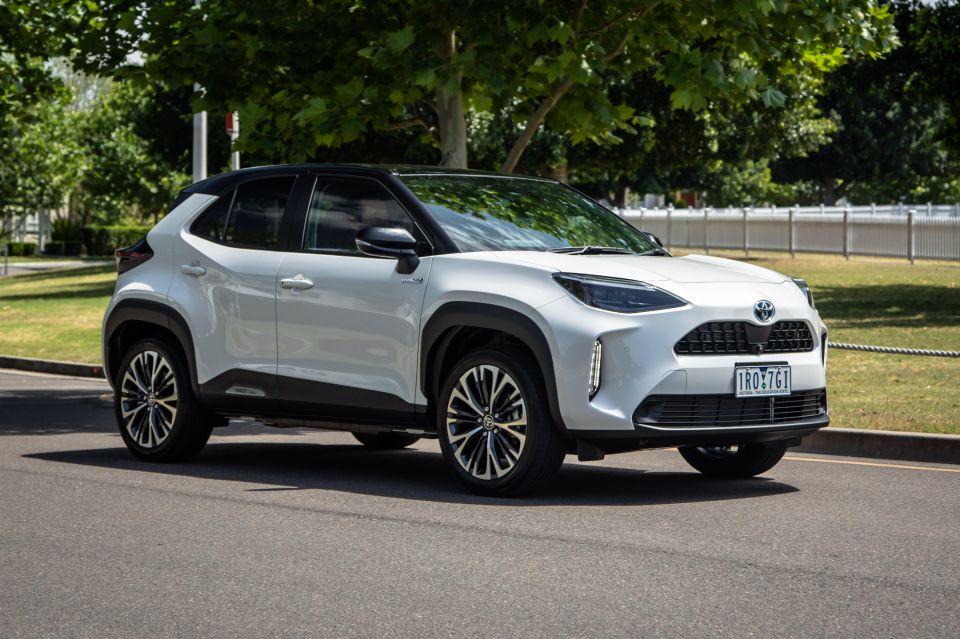
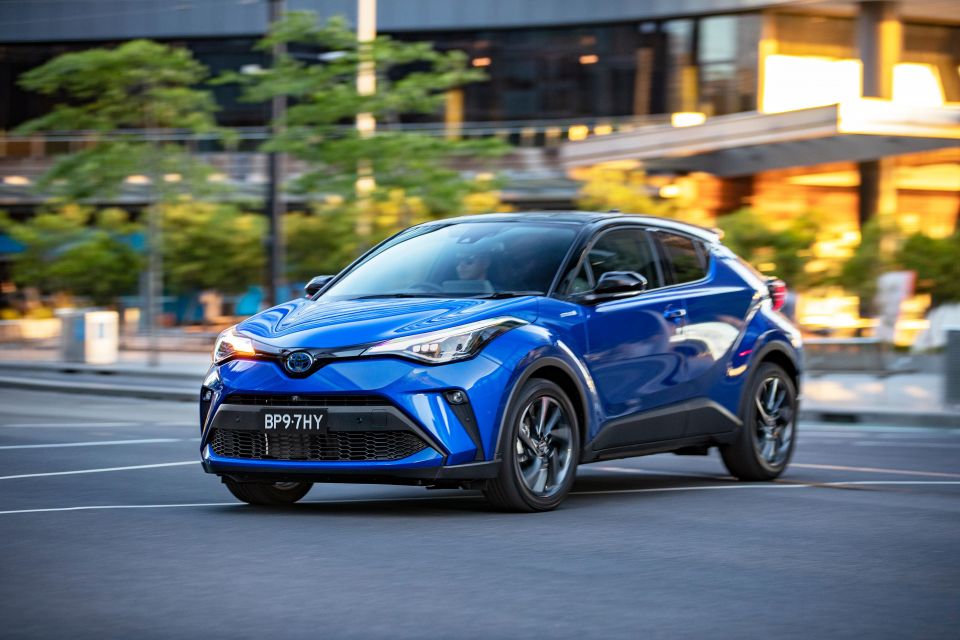
Hybrid SUVs posted the largest gains, with sales up a staggering 258.9 per cent overall.
Australians bought 34,933 hybrid SUVs last year, up from 9732 the year before, while petrol SUV sales were down 10.4 per cent and diesel SUV sales down 14.8 per cent.
That’s not solely on the back of the popular Toyota RAV4 hybrid, mind you, though total RAV4 sales were up 58.8 per cent over 2019 to 38,537 sales.
Toyota claims hybrids accounted for 26,400 (68.5 per cent) of those sales, the largest annual sales figure for an electrified vehicle in Australia.
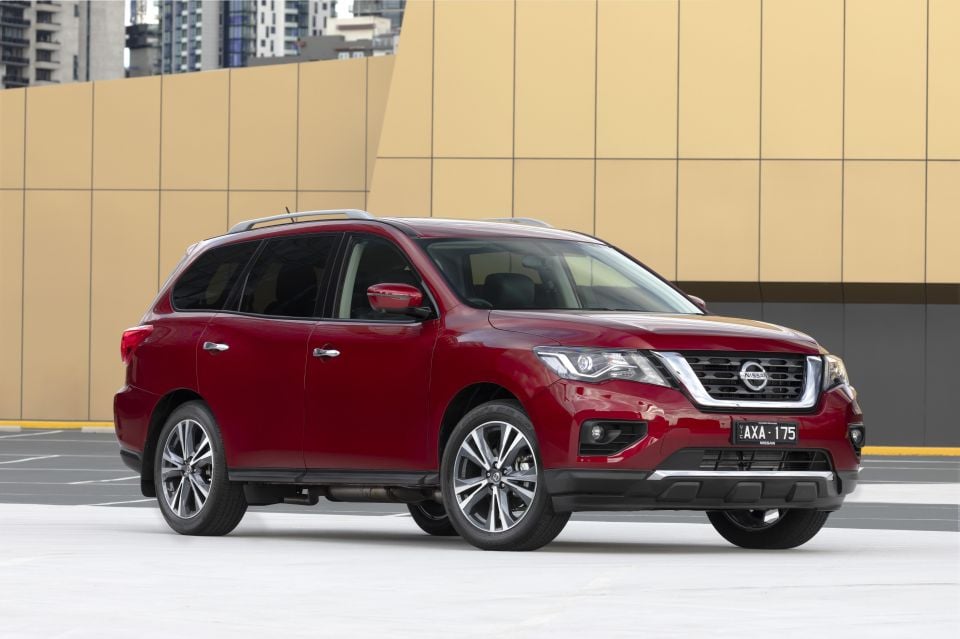
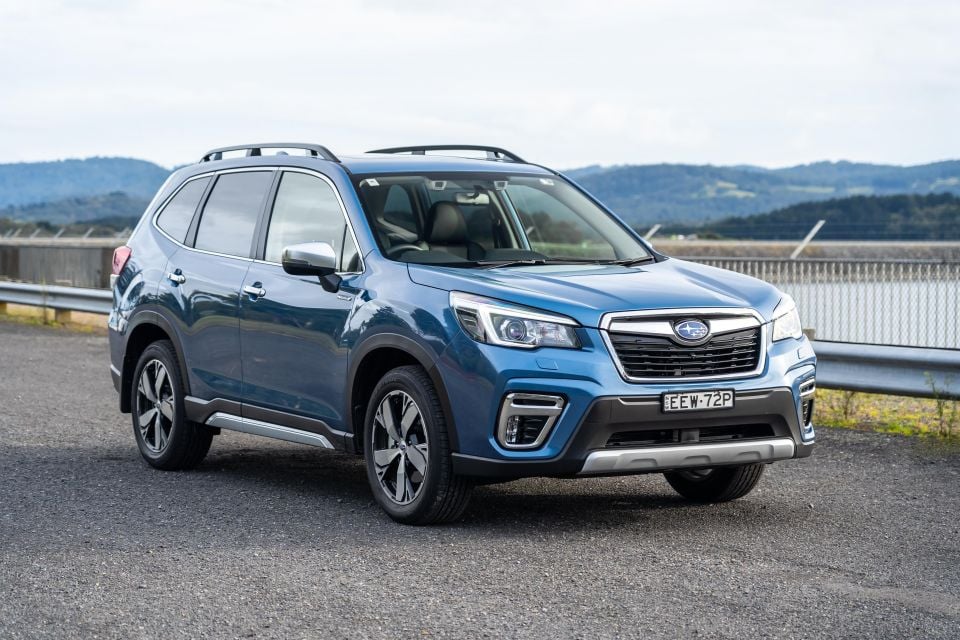
In contrast, Subaru introduced a hybrid Forester last year but posted an overall decline for the model line of 18.5 per cent. Other SUVs with a hybrid option, like the Nissan Pathfinder, were also down; the big Nissan slumped by 58.8 per cent overall.
Toyota was quick to tout its 54,335 hybrid sales last year, which it says accounted for 85 per cent of all electrified vehicle sales in Australia and 26.5 per cent of the brand’s overall sales.
It’s also almost double the number of hybrids it sold in 2019, and that figure is sure to rise with the introduction of the new Kluger hybrid and as Yaris Cross models continue to reach local showrooms.
Hybrid SUV sales in 2021 may also rise on the backs of the upcoming Hyundai Santa Fe and Kia Sorento hybrids.
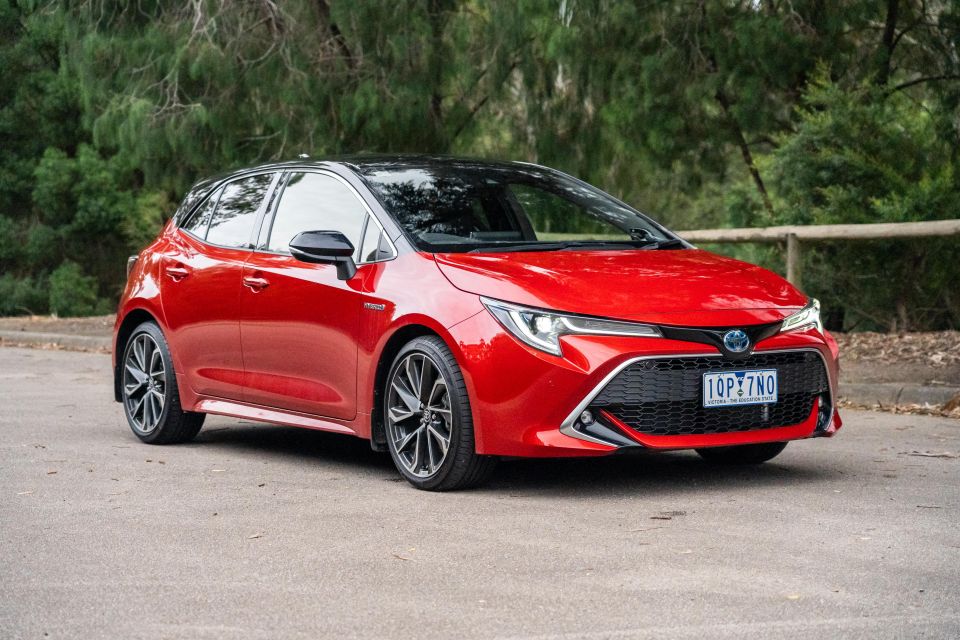
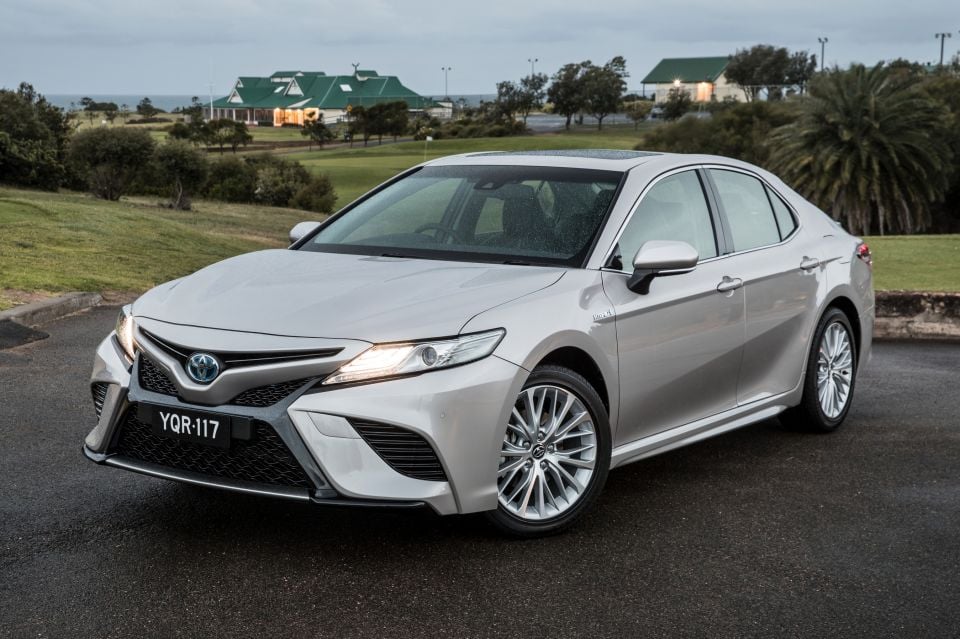
Hybrid passenger car sales posted a more modest increase of 18.8 per cent for a total of 25,484 sales.
Again, Toyota was the driving force here with its hybrid Corolla (13,943) and Camry (9615). Around 70 per cent of all Camry sales were of the hybrid, while the figure was closer to 50 per cent for the Corolla.
Not every hybrid Toyota was a winner, though, with just 95 Prius hatchbacks sold and 272 Prius V wagons. The C-HR crossover was somewhere in between these and the hot-selling RAV4, with 2810 hybrid models sold.
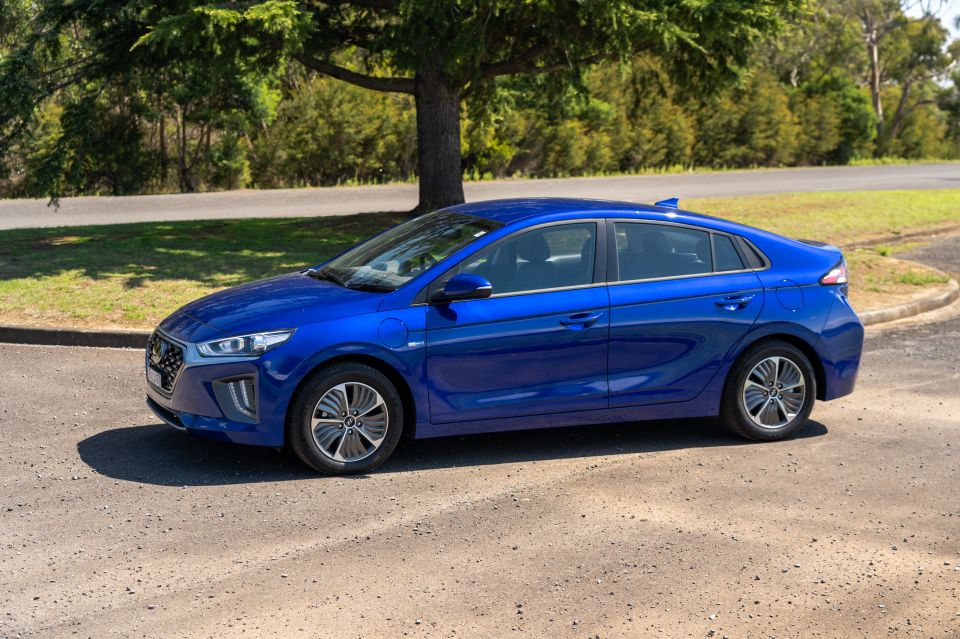
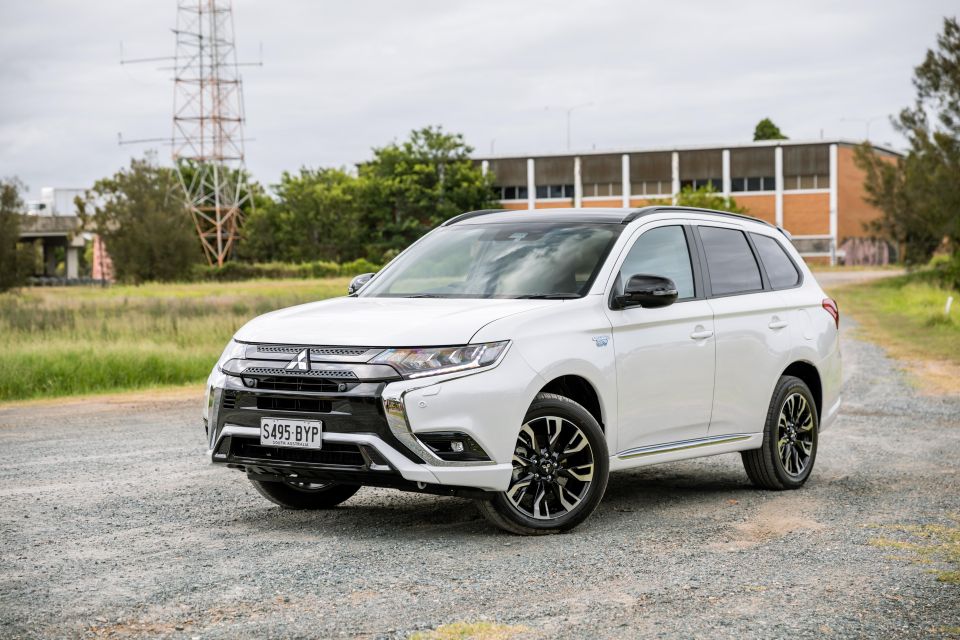
Plug-in hybrid sales posted a much more modest increase of 18.2 per cent overall, comprising an 8.8 per cent increase in PHEV SUV sales but a 62.5 per cent increase in PHEV passenger car sales.
Nevertheless, total PHEV sales were much lower than hybrid sales in large part due to the limited number of PHEVs from mainstream brands. A total of 1282 PHEV SUVs were sold in 2020 but just 403 plug-in passenger cars.
The Mitsubishi Outlander PHEV created the mainstream PHEV SUV segment and is effectively its only occupant in Australia, so it’s pulling much of that weight. Meanwhile, PHEV passenger car sales are limited to the Hyundai Ioniq and a range of luxury-brand models.
While VFACTS doesn’t break down Ioniq sales by drivetrain, the small hatch – unique in offering hybrid, plug-in and all-electric versions – was down by only 3.7 per cent in the Small Under $40k segment to 526 sales.
That’s noteworthy as every other vehicle in the segment bar the Subaru WRX posted double-digit declines.
The imminent introduction of various new plug-in hybrid vehicles portends an increase in PHEV sales in 2021, with plug-in versions of the Ford Escape, Kia Sorento, MG HS and Mitsubishi Eclipse Cross reaching Australia during the year.
Unfortunately, a raft of Volkswagen Group PHEVs remain off the table for us as Europe is prioritised.
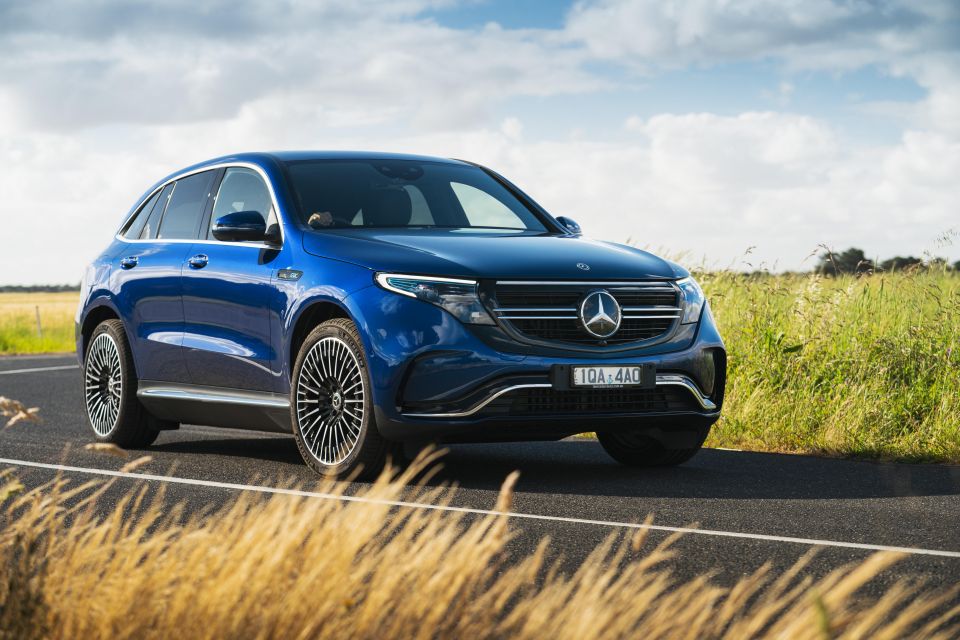
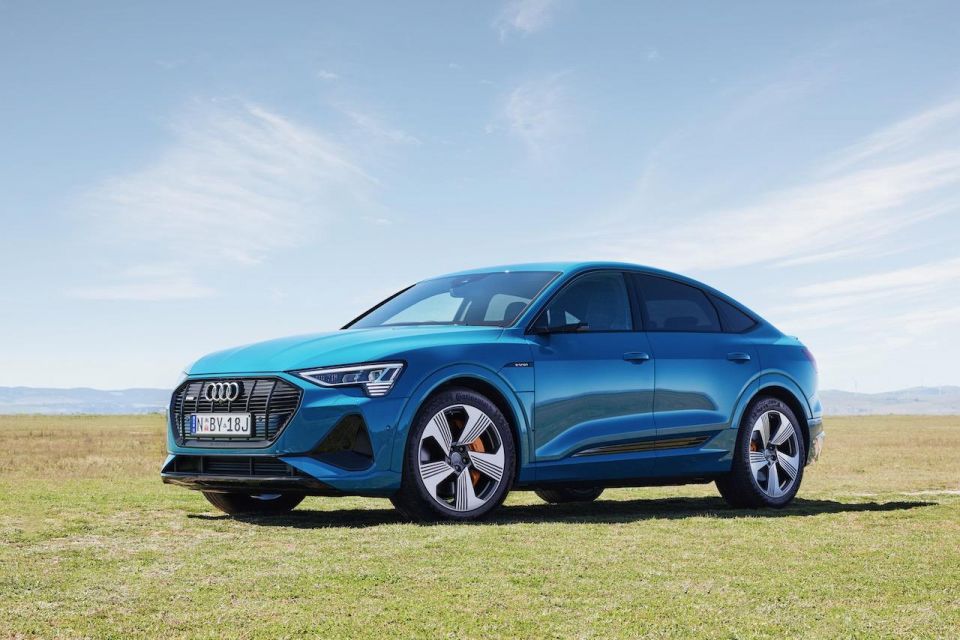
The increase of 16.2 per cent for electric vehicle sales in 2020 to a total of 1769 sales (939 cars, 816 SUVs) doesn’t tell the full story as Tesla doesn’t report its sales to the FCAI.
The Driven puts total electric vehicle sales in 2020 at 4700, based on Tesla shipping data and data from the Electric Vehicle Council, among others.
Additional EV volume came with new products such as the Mercedes-Benz EQC (194 sales) and Audi E-Tron (64 sales).
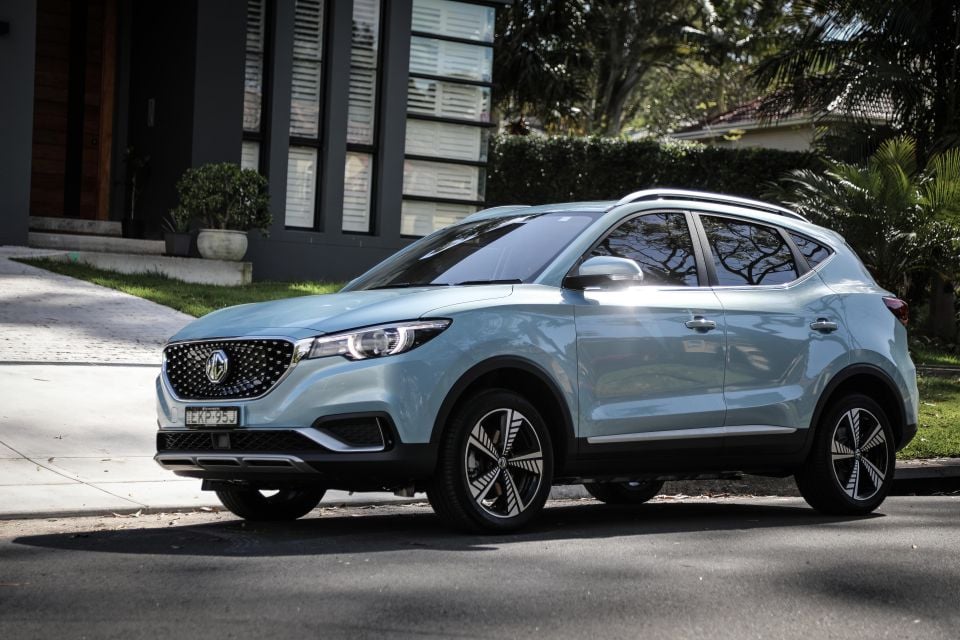
The new MG ZS EV, Australia’s most affordable electric vehicle, only arrived late in 2020 so it’s too early to tell how much it’ll increase both ZS and total EV volume.
The total ZS line was up 47.3 per cent over the previous year but that was also helped by the introduction of the new ZST companion line plus price cuts for the original ZS.
The updated Kona Electric and all-new Ioniq 5 from Hyundai may also increase EV sales in 2021, as well as the Mazda MX-30 and luxury-brand models like the Lexus UX300e and BMW iX3.
William Stopford is an automotive journalist with a passion for mainstream cars, automotive history and overseas auto markets.


William Stopford
4 Hours Ago
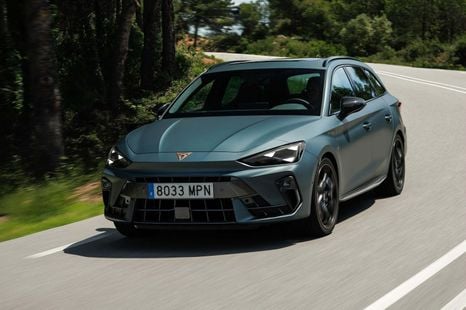

William Stopford
5 Hours Ago


Damion Smy
8 Hours Ago
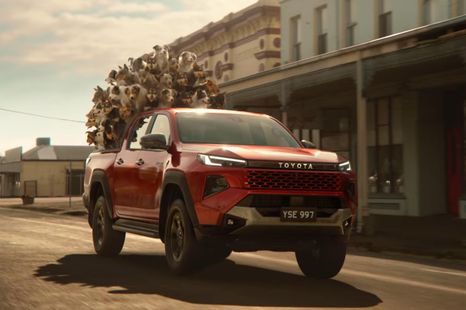

Damion Smy
9 Hours Ago
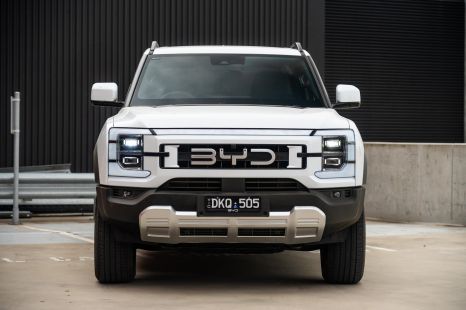

Max Davies
10 Hours Ago
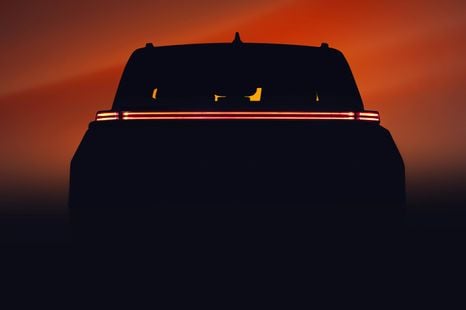

Damion Smy
10 Hours Ago
Add CarExpert as a Preferred Source on Google so your search results prioritise writing by actual experts, not AI.